



No tours available yet...
No tours available yet...
No tours available yet...
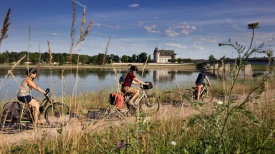 France Bike Tours
France Bike Tours 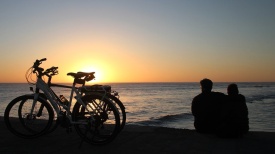 Europe Bike Tours
Europe Bike Tours 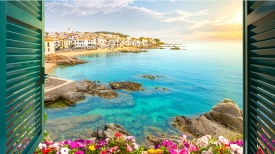 Europe Luxury Bike Tours
Europe Luxury Bike Tours 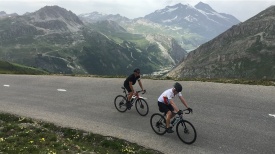 Epic Cycling
Epic Cycling 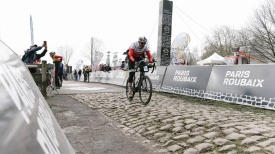 Cycling Challenges
Cycling Challenges 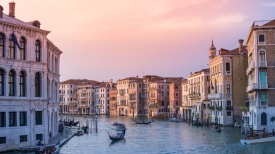 Italy
Italy 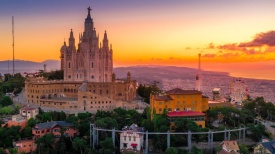 Spain
Spain 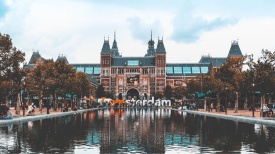 Holland
Holland  United Kingdom
United Kingdom 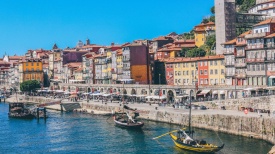 Portugal
Portugal  Ireland
Ireland 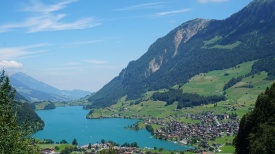 Switzerland
Switzerland 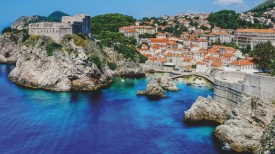 Croatia
Croatia 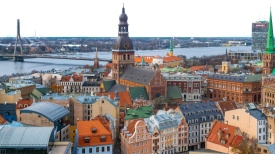 Baltic States
Baltic States 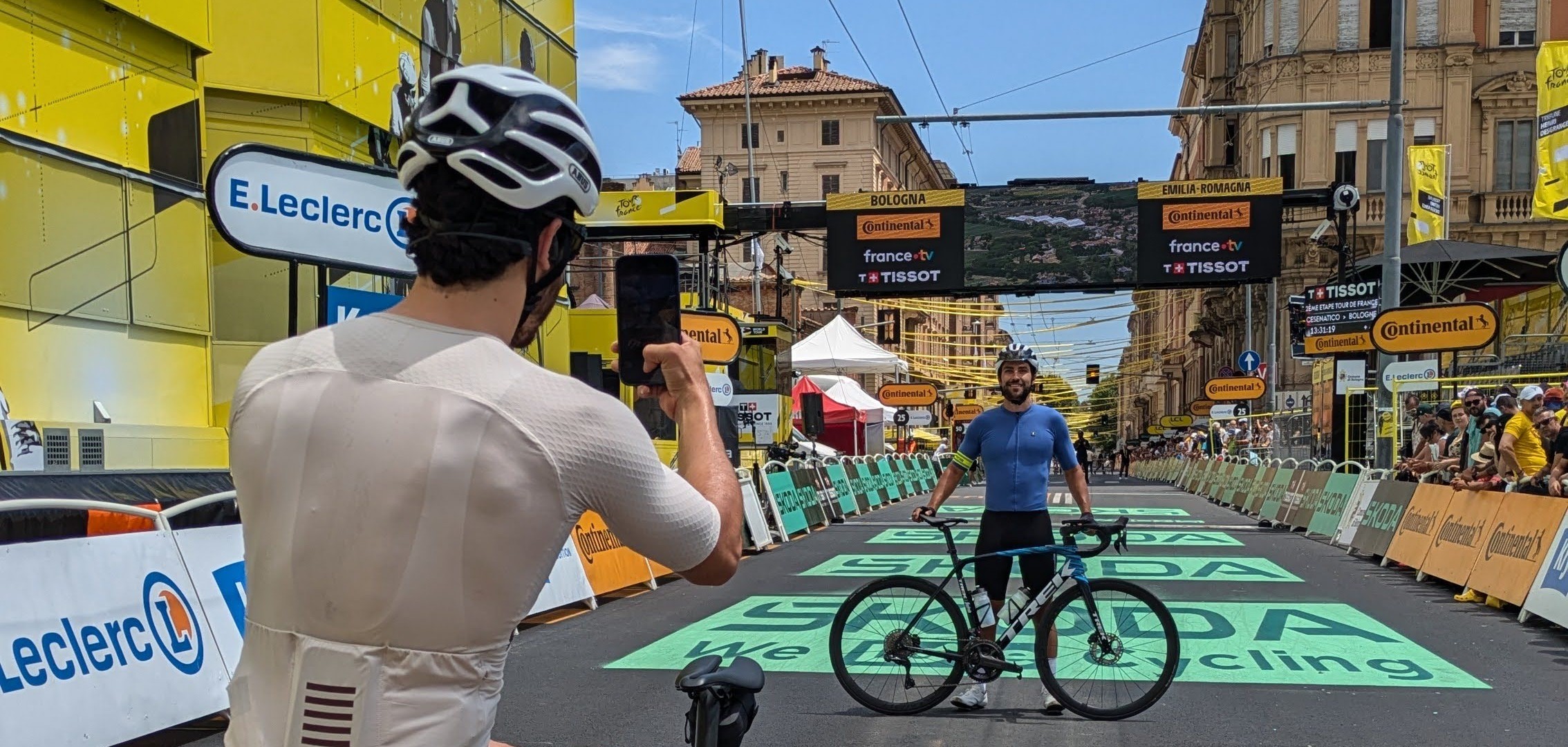





Tour de France
2025 Tickets

Tour de France
2025 Packages

Adventure Vacations
for Couples
European Tours
for Seniors
European Tours
for Families
Group Tours to
Europe
Honeymoon
Europe Tour
Singles Tours
Europe
Italy
Spain
Holland
United Kingdom
Portugal
Ireland
Switzerland
Croatia
Baltic States
France Bike Tours
Europe Bike Tours
Europe Luxury Bike Tours
Epic Cycling
Cycling Challenges
Self-Guided Tours
Wine Tours

Heritage Tours

Adventure Cycling
Food and Culinary Tours
Walking and Hiking Tours
Multi Sport Tours

Private Guided Tours

Custom Tours
Men's Tour de France tickets 2025
Women's Tour de France tickets 2025
L'Etape du Tour de France
Italy
Spain
Holland
United Kingdom
Portugal
Ireland
Switzerland
Croatia
Provence
Loire Valley
Bordeaux
Brittany
Burgundy
Dordogne
Alsace
Massif Central
Italy
Spain
Portugal
Provence
Loire Valley
Bordeaux
Dordogne
Burgundy
Brittany
Alsace
Burgundy
Alsace
Bordeaux
Bordeaux
Burgundy
Alsace
Provence
Loire Valley
Languedoc
Portugal
Provence
Alsace
Dordogne
Loire Valley
Brittany
Burgundy
Normandy
Corsica
Provence
Normandy
Dordogne
Loire Valley
Burgundy
Alsace
Brittany
Corsica
Loire Valley
Provence
Bordeaux
Languedoc
Dordogne
Burgundy
Brittany
Guadeloupe
Loire Valley
Dordogne
Brittany
Provence
French Riviera
Spain
Normandy
Corsica
Atlantic Coast
Loire Valley
Dordogne
Brittany
Provence
French Riviera
Spain
Normandy
Corsica
Atlantic Coast
Provence
Loire Valley
Languedoc
Dordogne
Provence
Loire Valley
Languedoc
Dordogne
Embarking on a European bike tour is an exhilarating experience, offering a unique blend of adventure and cultural immersion. However, meticulous budgeting is essential to ensure a smooth journey without financial surprises. This guide provides insights into planning your finances, focusing on destinations such as France, Italy, Spain, and Portugal.
Before setting out, it’s crucial to grasp the various expenses you’ll encounter. Here’s a breakdown of typical costs associated with a European bike tour:
| Expense Category | Estimated Cost (per day) | Notes |
|---|---|---|
| Accommodation | €10 – €50 | Ranging from camping to budget hotels. |
| Food | €5 – €20 | Self-catering vs. dining out. |
| Transportation | Variable | Ferries, trains, or occasional vehicle support. |
| Activities | €0 – €15 | Museum entries, tours, etc. |
| Miscellaneous | €5 – €10 | Souvenirs, emergencies. |
Choosing the right accommodation can significantly impact your budget. Consider the following options:
Maintaining energy levels is vital during a bike tour. To manage food expenses:
While cycling is your primary mode of transport, there may be instances requiring alternatives:
Engaging in local activities enriches your journey. Allocate part of your budget for:
Setting aside a contingency fund is prudent for unexpected costs such as:
Here’s an example of how a daily budget might look:
| Expense | Cost (€) |
|---|---|
| Accommodation (Camping) | €10 |
| Food (Self-Catered) | €10 |
| Activities | €5 |
| Miscellaneous | €5 |
| Total | €30 |
By carefully planning and monitoring your expenses, you can enjoy a fulfilling European bike tour that aligns with your financial comfort zone.
A basic daily budget can range from €30 to €60, depending on your choices for accommodation, food, and activities. Camping and self-catering lower the cost, while staying in hotels and dining out increases it.
Camping is generally the most budget-friendly option, especially in rural areas like Provence or Tuscany. Budget hotels or hostels offer more comfort but cost more. A mix of both can balance comfort and savings.
Yes, travel insurance is essential. It can cover medical emergencies, trip cancellations, and lost or stolen gear—critical in case of an accident or unexpected expense during your tour.
Shop at local markets, cook your own meals, and carry snacks. Eating at small local eateries rather than tourist spots also helps control your budget while offering authentic culinary experiences.
It depends on the season and location. In high season or popular regions like the Loire Valley or the Algarve, booking in advance secures better prices and availability. In low season, you may find flexibility and last-minute deals.
You can also discover where to stay during your European bike tour and essential gear for your European bike tour.
EXCELLENTVerified Croatia Bike Tour = Amazing This is the second time we have used Discover France for a vacation in Europe, both trips were 10/10. This time was a little more special as this was part of our honeymoon! We booked the shorter Croatia trip through the Istrian peninsula and it did not disappoint.Our tour consultant, Solene, was amazing! She took care of everything and answered any questions we had throughout the process. She also made sure all the hotels knew that it was our honeymoon so we had a couple extra surprises waiting for us when we checked in at each hotel.We also needed several transfers to and from the airport which Solene was happy to help with. It made the trip so much less stressful when you are able to book everything through the same service.The bike tour itself was so much fun. The recommendations (sites to see, restaurants, cafes, etc) provided by Discover France were spot on. The locals were so friendly (and most spoke English which helped!). The food was delicious especially being in a wine and truffle region. We would 100% do this trip again!Thank you Solene and Discover France!Verified 5th time (and lifelong) return customer Hands down the best adventure organization I’ve ever worked with abroad. This will be my 5th time returning to the TdF in 2025 with Discover France. Gabriel and the reservation team do everything they can to make your trip exactly as you hope. If there’s something they can or cannot do they work with you all the way. It’s a very one-on-one, professional and reassuring process for reservations abroad. The programs are incredibly memorable, with exclusive VIP access that exceeds any other TdF organizations. Their focus is the riding, course, and to make sure your experience on a bike is as good as it can possibly be. Other programs offer different bells and whistles to their TdF packages but absolutely nothing is as exclusive, personalized, and uniquely small-group as Discover France programs. You do not need to be an expert rider for the programs. But experience and at least comfort on a bike is needed. The rides can also be tailored on a daily (or even hourly) basis to the rider/group skill, weather, overall energy level that day, and your personal preferences. Support vehicle with special French credentials allows for Discover France to provide a van with you the entire trip. Sun, clouds, rain, sleet/snow (yes…it’s the Pyrenees or Alps), hot and cold: there is always a vehicle that can help you along the way and offer a place to bring along your gear like the professionals. Shout out to: Florentin and Titouan for spectacular rides and support expertise. Finally, Thomas and Aurelian are two of the most dedicated cycling enthusiasts and leaders of a one-of-kind organization. Their dedication and leadership is evident from the top down as all of the guides and employees seem to love their works as much as they do.Verified Puglia in October This is the second year in a row that our group of friends have chosen Discover France. This time to Puglia. And again, the experience was fantastic. It starts with our tour consultant, Gabriel, who is responsive and truly cares that we have a great holiday. This year, we requested a one-day diversion off the usual route and the Discover France team mapped a great route for us. We also appreciate how the bikes are in good shape and all is well organized for our arrival. The route was generally on bike paths or tertiary roads and relatively flat - a well designed route for sure.Verified Costa Brava Spain This is our 4th bike trip with Discover France, and they never seize to amaze us. We have been working with Solene, and she is remarkably professional, responsive, and most importantly, she listens to our "wish list" of preferences, and makes suggestions with that in mind. All our trips have been in France, with this one in Costa Brava. We loved biking in this region of Spain. Most of the biking was on gravel trails, and kept us off the roads. The scenery was beautiful, particularly the small coastal towns. The itinerary was well planned and we enjoyed the 2 night stays in each village, in lieu of moving nightly. I would recommend this route. I will be reaching back out to Solene to book our next trip. She is wonderful and I wouldn't consider using another bike tour company. Safe biking..... AlishaVerified Loire Valley success. My girlfriend and I had an amazing experience doing the Loire Valley ride from Amboise to Chenhuette. Gabriel and team Discover France were very always responsive and available to help us. The routes were well thought out. Once you master the App, they are very easy to follow. The hotels were amazing and the staff at each one had a good relationship with DF. The bikes were amazing - Moustache Dimanche 28.4. They made this trip the success that it was.Verified Puglia Bike Just finished a bike trip to Puglia. Gabriel did an awesome job! Great hotels, bikes, routes and destination advice. We would highly recommend having Gabriel at Discover France plan your routes. My brother and sister have also used Gabriel and were extremely happy as wellVerified Cotswolds This was the 4th trip using Discover France and each time has been amazing. This trip was to the Cotswolds in the UK. The organization of the trip (specifically Gabriel service) was outstanding. The hotels were all great and scenery was beautiful. We had one day of heavy rain but that added to the allure and challenge of the rides. Thanks to all at Discover France and of course Gabriel.Verified Loire Valley Classic - Great trip! Our first trip with Discover France but I hope not our last. Tatiana put together a great itinerary for our self-guided trip. The hotels were lovely, clean and biker-friendly, with most in former chateaux themselves. The bikes (2 regular, 1 e-bike) were in great condition and well-equipped, and the orientation session was very thorough. Luggage service worked as promised. Discover France did a good job minimizing our time on busy roads - almost all the trip was on bike paths or roads with little vehicular traffic. No complaints from us!Verified Bordeaux-Dordogne: The best trip yet! Our third trip with Discover France, from Bordeaux to Sarlat in the Dordogne, was the best one yet. Loved the countryside, the food, the hotels, everything. For the first time I rode a pedal-assist bike, and it was a game-changer for me now that I'm in my sixties -- no more worrying at night about climbs I might be facing the following day.! My husband stuck to the standard touring bike and it worked out well for both of us. Working with Gabriel was a breeze. Thanks, Discover France -- we'll be back!Verified Loire Valley Classic: An Incredible Tour One of the most visually compelling bike tours we’ve done in Europe. All the major chateaux in the Loire Valley are located along the route, which is largely comprised of bike trails and/or little-trafficked country lanes. The local food and wines are exceptional. Discover France is a first-class operation; we’ve worked with them before, and will again on our next visit to France. Their entire team is great; extra kudos to our tour consultant, Solene Graino.
US HQ
55 East 59th Street, 9th floor
New York, NY 10022, United States
(1) 800-929-0152
FRANCE HQ
427 Rue Hélène Boucher, Espace Commercial Fréjorgues Ouest, Mauguio 34130, France
+33 (0)4 67 15 82 04
© 2025 Discover France. All rights reserved
Legal notice
Ready for more travel inspiration? Stay connected by:
We will get back to you soon.
Ready for more travel inspiration? Stay connected by:
